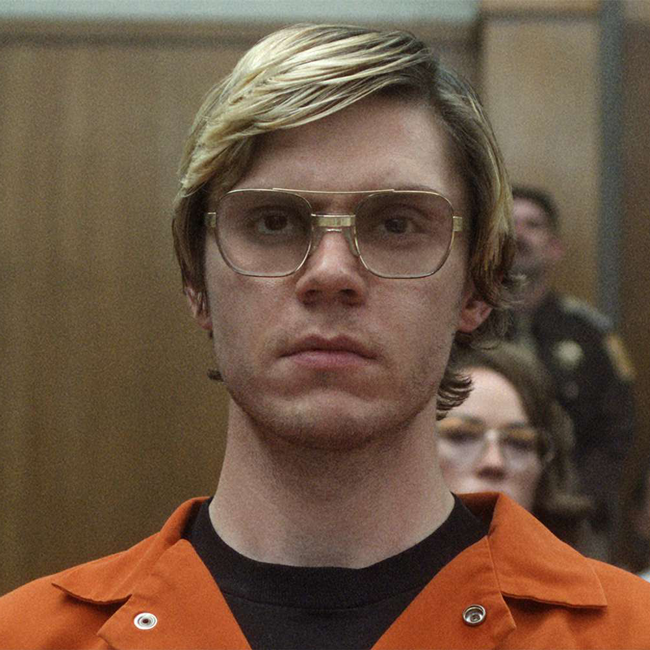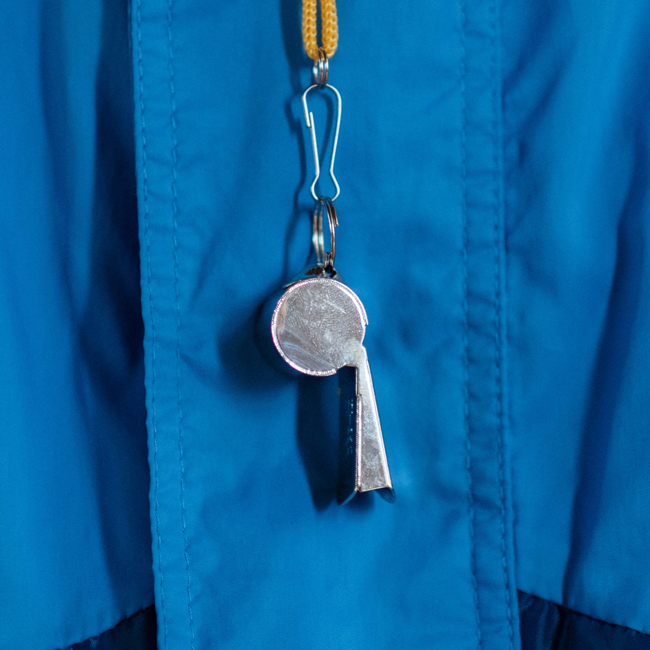
A group of women in New Zealand, all in their 70s, dutifully get up early every morning in April. They have a cup of tea and bowl of cornflakes, feed the magpies in the backyard, and head out to the main street of their town.
They walk in small groups of two or three from business to business in their neatly pressed pants, politely speaking to shopkeepers and business owners about supporting their cause. They’re raising money for scholarships, to help young people attend university.
But these aren’t ordinary women. They’re refused and shouted at. Even the kindly old man at the butcher’s shop, who’s known them all their lives, won’t help them. Because they’re radicals. They’re threatening the system. They’re selling pretty little white poppies made out of fabric and green wire on ANZAC Day. Why?
For peace.
Take a three-hour flight across the Tasman Sea to Australia and we have the same problem. Any attempt to shift ANZAC Day to anything other than its carefully crafted script and dominant paradigm is seen as a threat.
Criticism of the manner of commemoration is deemed by some to be disrespectful, sacrilegious or, dare I say it, un-Australian. Those offended, however, often don’t see the criticism as separate to the individuals involved. They pair the two together despite their fundamental differences.
On this, Australian historian Mark McKenna is quoted as saying:
ANZAC has now become a dangerous tradition in which critical debate and political controversy are whitewashed. ANZAC engulfs dissent and division, burying any hint of disloyalty and deviance beneath the compulsion to be patriotic and stand by our troops.
Criticism of the manner of commemoration is deemed by some to be disrespectful, sacrilegious or, dare I say it, un-Australian.
What’s wrong with ANZAC?
“What’s wrong with ANZAC?” Marilyn Lake, the Australian historian, asks. “The militarisation of Australian history”.
The ANZAC myth is a calculated and deliberate distortion of Australian history to shape our collective historical memory, inform our schemas, and influence the way we look at the world.
The battle of Gallipoli is a tiny event in Australia’s history and in the war effort of WWI. Yet it’s promoted to be one of the most, if not the most, important day of the Australian calendar. It’s characterised as the birth of the Australian identity – as if to say that nothing at all happened in Australia until the ANZACs ran up that narrow beach to be pelted by bullets from Turkish soldiers who lined the sheer cliffs at Gallipoli.
Everything before 1915 is out. That’s Federation, the Eureka Stockade, a big chunk of the suffrage movement, and about 40,000 years of indigenous history. Lake says:
These commemorations have been taken over by delusions of national significance – that our values and national identity was born and shaped on ANZAC Day at Gallipoli – when in fact it is our civil and political history that has shaped our national democratic values.
Twenty years ago, most people expected ANZAC Day to disappear as the last diggers died, like other days of memorial. It probably would have – had it not been for former prime minister, John Howard. Howard, then newly elected, had always been interested in history and wanted to get away from the history wars that had dominated the 80s and early 90s.
To do this, he decided to open up a new front overseas. While he was not the first to start the process of the reinvention of ANZAC Day, he took on the issue as his own project, becoming its vanguard.
He undertook a deliberate process of re-education, led by the newly formed Department of Veterans Affairs (DVA), which was created in 1996, replacing the Repatriation Commission formed in 1917. The DVA had a much broader mandate than the Repatriation Commission, which had only commemorated people individually for giving their lives.
Since 1996, the DVA has worked on several key strategies:
- The identification of new national days of remembrance which mostly end up being new battles
- The refurbishment of war memorials and the building of new ones including war memorials for minority groups, long forgotten wars like the Boer War and the war effort of dogs and horses;
- Education about significant events and education in schools. Curriculum materials, prizes, videos and textbooks have been developed for this purpose.
- And community awareness campaigns that often focus on the collection of oral histories and medals for exhibition.
Peter Fitzsimons admits there was great renewed interest in ANZAC Day in the late 1990s. He is not convinced, however, that it was because of Howard and believes it is the quality of the story that has drawn people in.
Wearing his iconic red Che Guevara bandana standing in front of the crowd at the Opera House, FitzSimons solemnly declared that he is “Not a historian, … I speak from the heart and not from the head”. He spoke passionately about his connection to ANZAC:
On the ANZAC tradition, I was raised on it. My father was a soldier and my mother was an army physiotherapist.
He still makes it clear that although he came from a defence family, he was against the Iraq war and marched in the streets with the hundreds of thousands of other Australians.
Despite his opposition to the war, he is still determined to honour those who fell in Iraq through the vehicle of ANZAC – which he says has grown to encompass all veterans of all wars. After watching FitzSimons, it became clearer that he was using these individuals as a reason to justify the whole day. He did not separate them from the manner and system of commemoration which, arguably, provides a context for Howard more conducive to the politics surrounding the Iraq war.
The odd and distorted romanticism surrounding ANZAC Day and its attribution to the Australian identity may be because we don’t have an independence day. As Australia Day is becoming confused and recognised more and more as the day of British invasion, we go back to ANZAC Day. Even though it was the invasion of another sovereign territory, it escapes negative connotations.
For a day of military commemoration to be one of our most important national days, reveals the elevation of masculinity and militarism in Australian values and identity. All other groups – women, racial or religious minorities, Indigenous Australians – are excluded.
Attempts to include them in the day and the broader concept through the inclusion of other wars and conflicts are often redundant because of the ANZAC-centric focus, and constant remembrance of the mandated legend means Australians who meet the characteristics of the original ANZACs can be perceived as more Australian than others.
The Dardanelles campaign from the perspective of Keith Murdoch, Rupert Murdoch’s father and a war correspondent during WWI, was scathing. He wrote a damning letter to then Prime Minister Andrew Fisher while he visited the Gallipoli Peninsula, arguing that Australia was being used as a pawn, wasted and manipulated in the war efforts at the behest of the Allies. This dangerously contradicted the authorised propaganda coming out of the government.
Murdoch argued passionately that the ANZACs at Gallipoli had been victim to the poor strategic planning of the allied military leaders. This perspective received little genuine attention by the government of the day and has found itself lost beneath the concept of ANZAC. So too has the fact that ANZAC Day marks the date of the invasion of a sovereign territory, the Ottoman Empire.
FitzSimons, a passionate and engaged advocate of ANZAC and anti-Iraq War activist, remembers how shocked he was to learn this fact from a radio broadcast in 1999 while driving in his car.
The exclusion of these particular perspectives from our national ANZAC narrative is interesting when considering Australia’s role in more modern wars and our unrepresentative sense of importance in these foreign theatres. More importantly, it gives insight into our self-made narratives concerning the decisions to be involved in wars which disguise the power relationships between us and the US.
In a way, this reveals what is still deep in the psychology of Australians – the mindset of a colony. This relationship of empire and colony has shifted from the UK to US, particularly in wars since Vietnam up until now.
ANZAC reinforces our self-image as a greater power’s ally and aggrandises our need to unquestionably respond to their instructions and demands. Like in Gallipoli, we hope they will protect our national security, rather than looking inward and developing our own regionally based relationships and strategies.
Instead of recognising our role in conflict, which is often being the pawns of powerful empires, we ignore it and transform our participation into something much more palatable. Our national security policies over the years reflect this deep cultural understanding of our place in the world.
Hugh White from the Australian National University argued in The Monthly that, as we’ve continuously flitted between attempting to be self-sufficient and relying on the support of a great empire, we’ve ended up doing neither well. A colonial mindset means that while we’ve toyed with the idea of self-sufficiency, we can always be relied upon to look back up to the wisdom and strength of that great power.
The relentless commemoration, creation, and control of our collective historical memory has served to create a social backdrop where it’s easier to politically justify the wars our powerful friend wants to wage. Lake believes that the relentless and calculated commemoration of ANZAC has served to “naturalise and create a conducive environment for war”.
Although there are no parades of tanks down George Street on ANZAC Day or overt military breast-beating, the constant remembrance of war, alongside the controlled, unbalanced, and unrepresentative focus on our military history reinforces violence and military solutions as key options to resolve international conflict. We see the military as a feasible and successful mode of conflict resolution, but don’t look at the real cost of war.
Academic Tony Smith argues that:
[Our] reluctance to criticise the military has its origins in the notion that troops are risking their lives for us. A more realistic and non-militaristic view would acknowledge that while troops might well die for Australia, their primary role is to kill for Australia.
We are mindful that when we send Australian troops on overseas postings they could die for us but seem to ignore the reality that in order to do their jobs they must threaten to kill on our behalf, and sometimes do so.
This is the reality of war and its cost.
Criticising ANZAC is a serious thing. It isn’t just a criticism of the day and the commemoration. It’s a criticism about the exclusivity of the legend and what has been accepted to be Australia’s identity and birth as a nation. It’s a criticism of the folly of war and Australia’s role as a pawn in international conflict, a criticism of Australian defence policy, and a criticism of our relationship with the US.
Dissent from the mandated narrative is serious because it threatens power structures that stretch between the smallest of communities to the grandest of political theatres where geopolitical relations play out. These structures work to reinforce war and not peace, promote a white Australian identity rather than a multicultural one and fortify our inability to act in our best interests in foreign policy decisions.
This is what is wrong with ANZAC.
Ethics in your inbox.
Get the latest inspiration, intelligence, events & more.
By signing up you agree to our privacy policy
You might be interested in…
Opinion + Analysis
Relationships, Science + Technology, Society + Culture
5 things we learnt from The Festival of Dangerous Ideas 2022
Opinion + Analysis
Relationships, Society + Culture
Where are the victims? The ethics of true crime
Opinion + Analysis
Business + Leadership, Relationships
Corporate whistleblowing: Balancing moral courage with moral responsibility
Opinion + Analysis
Politics + Human Rights, Relationships




